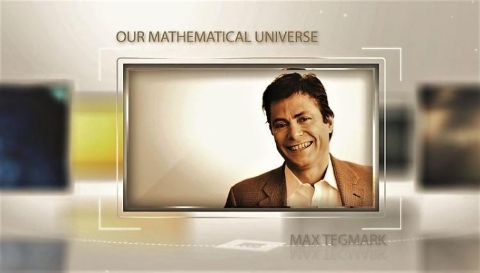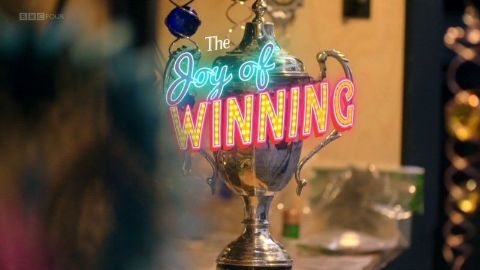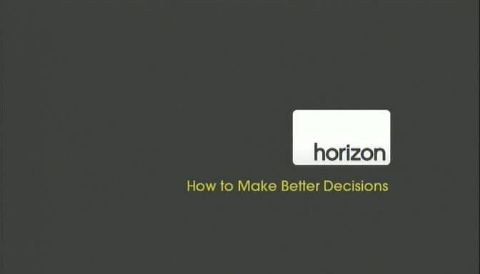The Joy of Winning • 2018
How to have a happier life and a better world all thanks to maths, in this witty, mind-expanding guide to the science of success with Hannah Fry. Following in the footsteps of BBC Four's award-winning maths films The Joy of Stats and The Joy of Data, this latest gleefully nerdy adventure sees mathematician Dr Hannah Fry unlock the essential strategies you'll need to get what you want - to win - more of the time. From how to bag a bargain dinner to how best to stop the kids arguing on a long car journey, maths can give you a winning strategy. And the same rules apply to the world's biggest problems - whether it's avoiding nuclear annihilation or tackling climate change.
Make a donation
Buy a brother a hot coffee? Or a cold beer?
Hope you're finding these documentaries fascinating and eye-opening. It's just me, working hard behind the scenes to bring you this enriching content.
Running and maintaining a website like this takes time and resources. That's why I'm reaching out to you. If you appreciate what I do and would like to support my efforts, would you consider "buying me a coffee"?
Donation addresses
BTC: bc1q8ldskxh4x9qnddhcrgcun8rtvddeldm2a07r2v
ETH: 0x5CCAAA1afc5c5D814129d99277dDb5A979672116
With your donation through , you can show your appreciation and help me keep this project going. Every contribution, no matter how small, makes a significant impact. It goes directly towards covering server costs.





